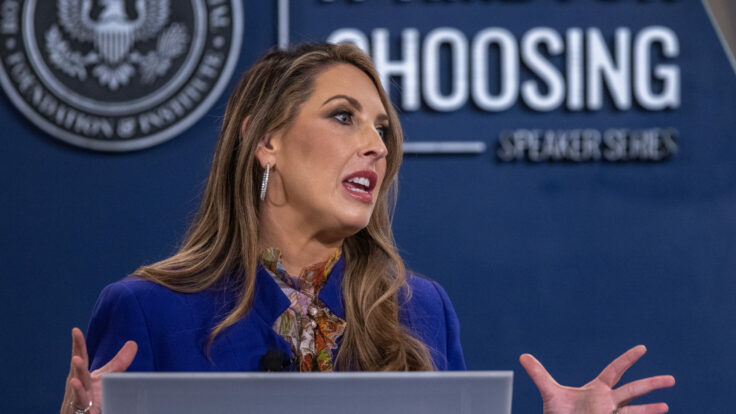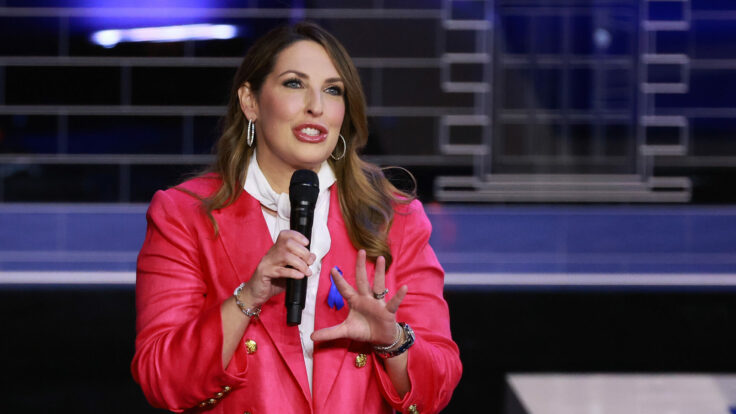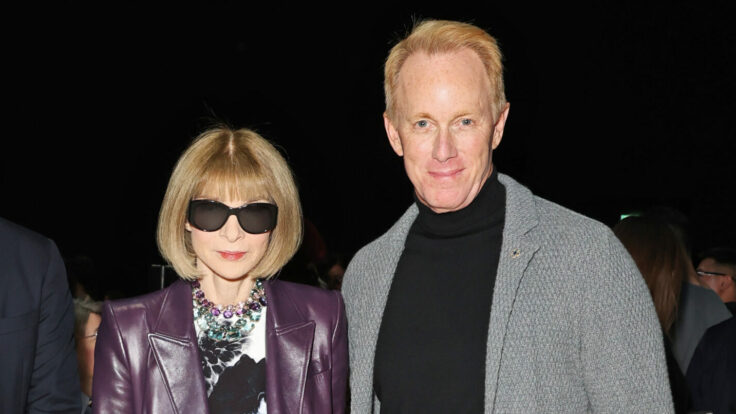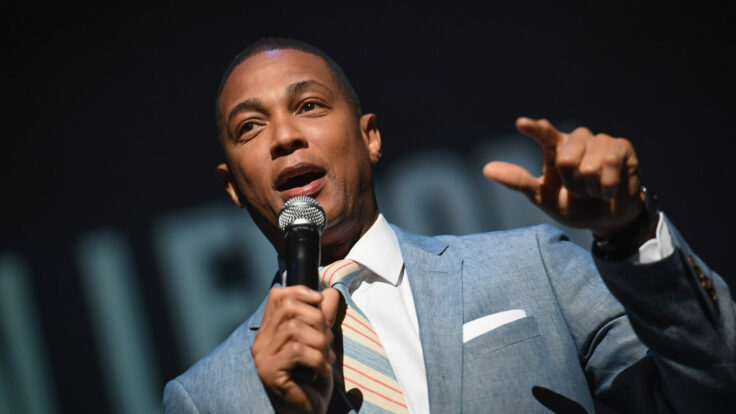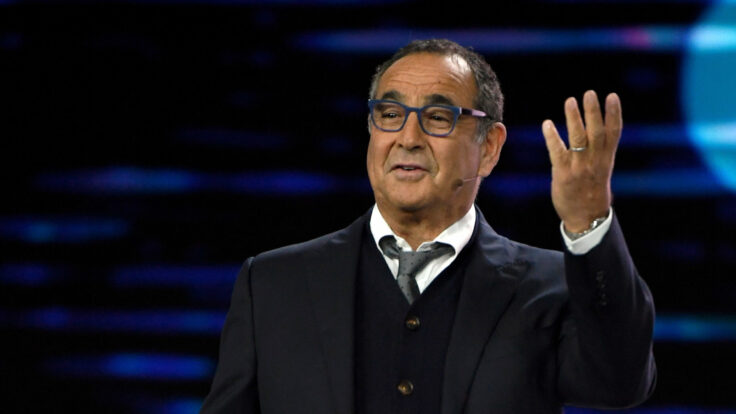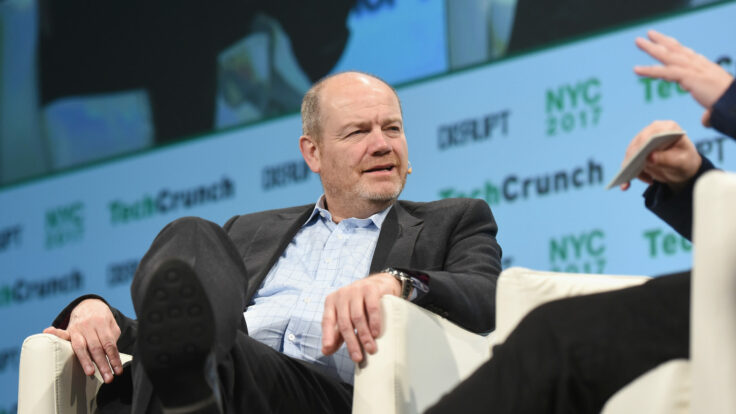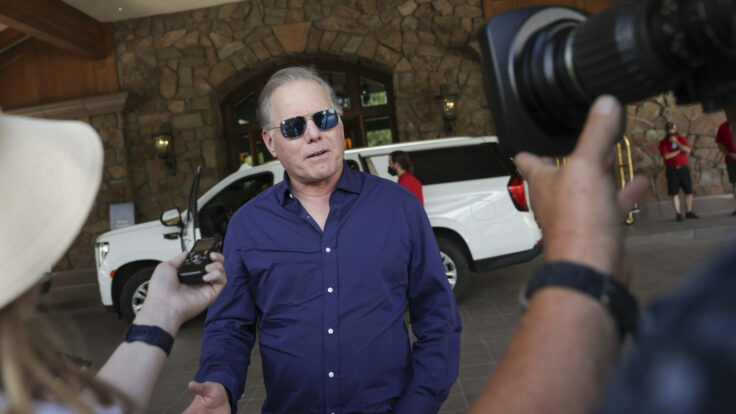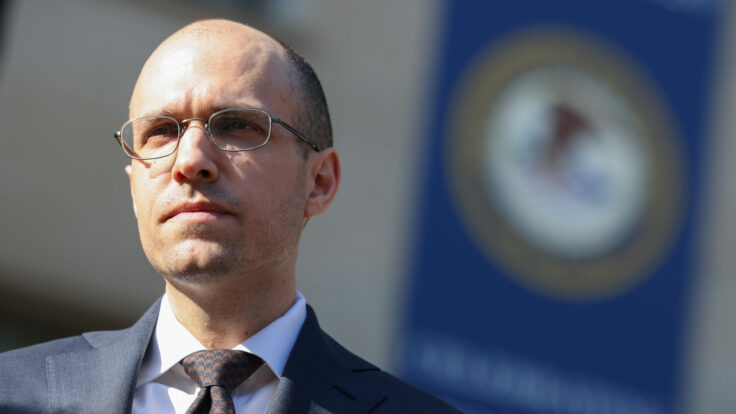One of the funny observations about life inside the imperial jewels of American journalism is just how much their cultures resemble official Washington. Perhaps this isn’t a surprise, given that journalism, like government, is largely the province of people who went to elite schools, aren’t financially obsessed, and presumably spent their formative years toiling in model U.N. and student government.
In this paradigm, executive editors are often like presidents. They come into a job every eight years or so, and tend to reward their allies with plum assignments, like overseeing vaunted sections of the paper, or becoming the White House correspondent, and have the ability to banish nemeses to Siberian outposts, like the book review or automotive coverage. And, to extend the metaphor, the editorial page has always been its own form of the Supreme Court, a sinecure operating at its own pace, with a unique culture and tenure-style appointments, and manifesting its impact through occasionally culture-moving, and also occasionally self-important, pronouncements. The journalism trade has transformed mightily in the last decade, but editorial pages move at a slower pace, and are still treated as institutions.
Innovation at the perch, after all, has been tricky. Years ago, The New York Times appointed James Bennet, the renowned editor of The Atlantic and former Timesman, to shake things up. And while Bennet oversaw extraordinary work and helped turn the unit into a meaningful subscription-driver, his tenure will be remembered for a Sarah Palin lawsuit and a misguided Tom Cotton editorial that essentially united the Times in forcing A.G. Sulzberger to reluctantly defenestrate him.
Meanwhile, Fred Hiatt served as a notable profile in juxtaposition. During his two-decades-plus as The Washington Post’s editorial page editor, he was a much-admired institutional steward, who maintained relationships with everyone in town. His tragic death, late last year, opened up the Post’s editorial page editorship for only the third time since Watergate.
As I noted last week, Washington Post Co. C.E.O. Fred Ryan had gone about the process of filling Hiatt’s vacant post with the sort of deliberation and thoughtfulness befitting the academic-like position. But the seven-month process was beginning to irk colleagues, who wondered what the hold-up was all about. Some worried that Ryan, a former Reagan aide, would lurch right. Others hoped he would hire a Post insider, like the much-beloved Ruth Marcus or Carlos Lozada, or a former Post-ie like Peter Baker. (Baker took his name out of the running.) All anyone could seem to agree on was that Ryan wanted to select someone who could manage the page for decades, presumably allowing Jeff Bezos to truly imprint his stamp on the paper. This all but ruled out Hiatt’s deputy, Marcus, age 64, who had been running the editorial page in the interim with the help of Karen Tumulty.
Alas, Ryan will announce later today that Hiatt’s successor will be David Shipley, a former Clinton administration speechwriter and former deputy editorial page editor at The Times in the Andy Rosenthal era, who more recently helped found and lead Bloomberg View, now called Bloomberg Opinion. Shipley is probably the most qualified candidate imaginable, and a rare bird who ran and operated an op-ed page when they were larger than life. He’s also proven to have the political aptitude to both deal with the politics of newsroom snake pits and multi-billionaire owners.
A decade ago, Shipley’s departure from the Times to Bloomberg caused a mini earthquake in the building—people just didn’t leave the Times back then, especially when they were in a line of succession, as Shipley was under Rosenthal—and everyone simply assumed that Bloomberg had made a financial offer that he couldn’t refuse. His arrival at The Post will likely cause a rumble, too. And though hiring a 59-year-old white guy seems out of fashion, and also doesn’t quite gel with the perceived intention of nabbing an editor who could lead the operation for decades, Ryan got the most credentialled, albeit perhaps safe, candidate that the market had to bear.
Earlier today, I spoke to Ryan about the hiring process. He said he identified more than 150 candidates around the world, and spoke to dozens, all while keeping the process extremely close to his vest. “This was not a process of who submits an application. I found in the past, including the search for Sally Buzbee, if you really want to find the best person, don’t just wait to see who applies, reach out and be proactive,” Ryan told me. “Every person in the process who we had any contact with, at all, we gave a commitment that their name would not be shared during or even after the process.”
He continued: “I wanted the best people to come forward without the concern that their current employer would somehow hold it against them if they were out looking for something else.”
Ryan was successful in keeping the selection process a black box, even though it included meetings with Bezos, just as was the case with the Buzbee search.“The owner of a publication certainly should be involved in the editorial side, in selecting the person who is going to lead the editorial side,” Ryan said.
Ryan also stressed that he wants to expand the Washington Post’s audience, beyond regional and national to global opinions, and that he looked at voices outside of the U.S. This is presumably a reflection of the value of diverse voices and also the reality that powerful voices are meaningful business drivers. From Substack to The Atlantic, a number of platforms are leaning into the power of individual voices to get ahead in the subscriptions ballgame. (Yes, at Puck, this is the core of our business, too.)
In particular, Ryan told me that he sees the opportunity outside of the big urbane coastal markets. “We’ve been identifying people who offer points of view that aren’t necessarily represented on the coasts,” Ryan said. “We’ve expanded overseas to our Global opinion section to have more international voices, some of which are in the news right now. And of course Jamal Khashoggi was one and Vladimir Kara-Murza in Russia right now, and in India, Rana Ayyub.”
He rebuffed my insinuation that Shipley was a safe choice, or a non-diverse one. “I wasn’t looking at it in terms of wokeness or lack of wokeness,” Ryan said. “I looked at a very diverse range of candidates… There was a wide representation of men, women of color, and various diverse backgrounds that were all thoroughly considered. I wanted to pick the person who could best lead the department forward and help us accomplish our ambitions of reaching a broader audience in the United States and around the world.”
When I suggested that Shipley was likely making a healthy sum at Bloomberg, he retorted, “I’m not going to talk about compensation.” I also tried to get Ryan to open up about the Post’s recent personnel crises, such as the meaningful kerfuffle regarding Dave Weigel and Felicia Sonmez. “I’m not getting into that, sorry Tara.”
Shipley will start after Labor Day. Trump biographer Tim O’Brien, a longtime Bloomberg columnist, has been promoted to succeed him as editor of Bloomberg Opinion.








